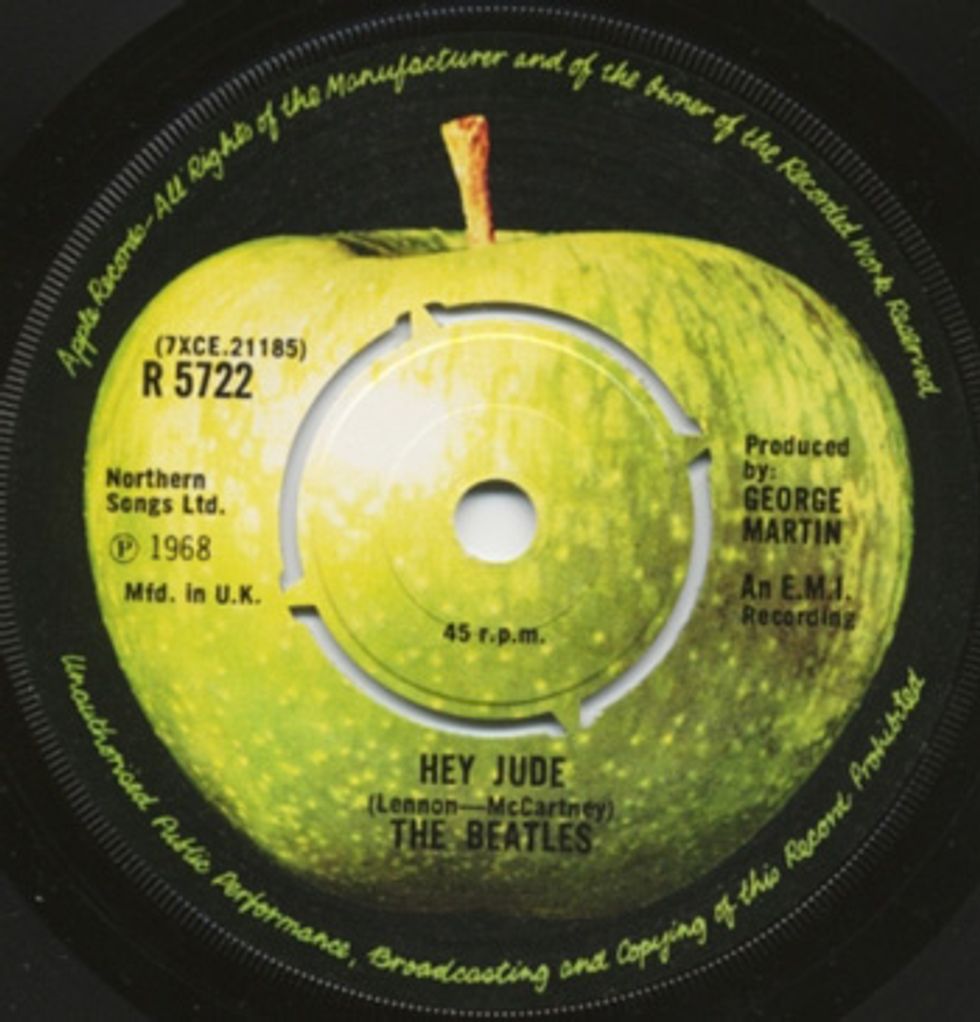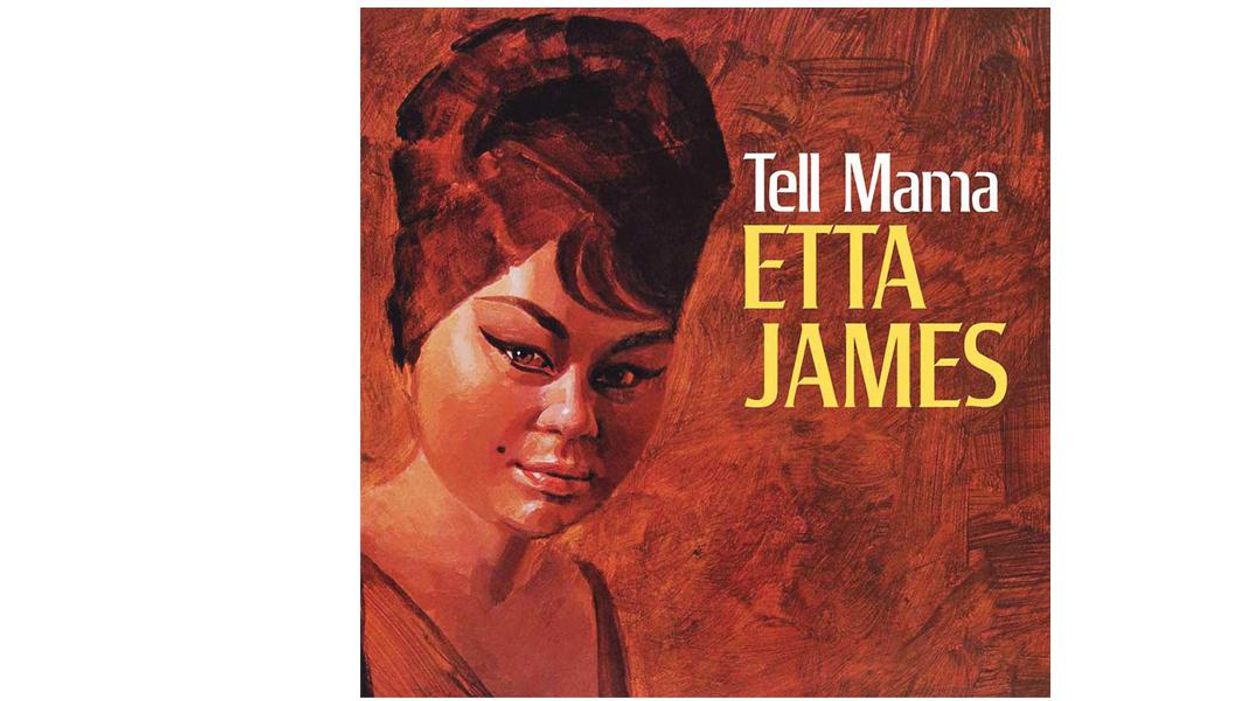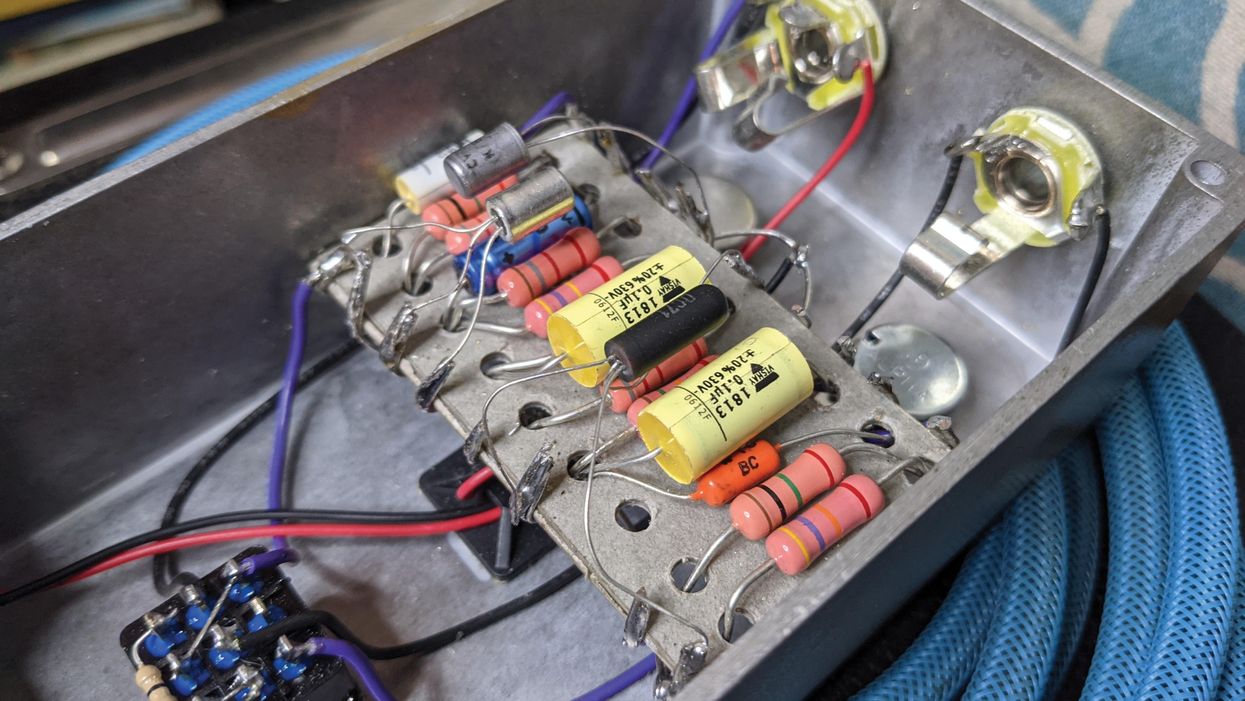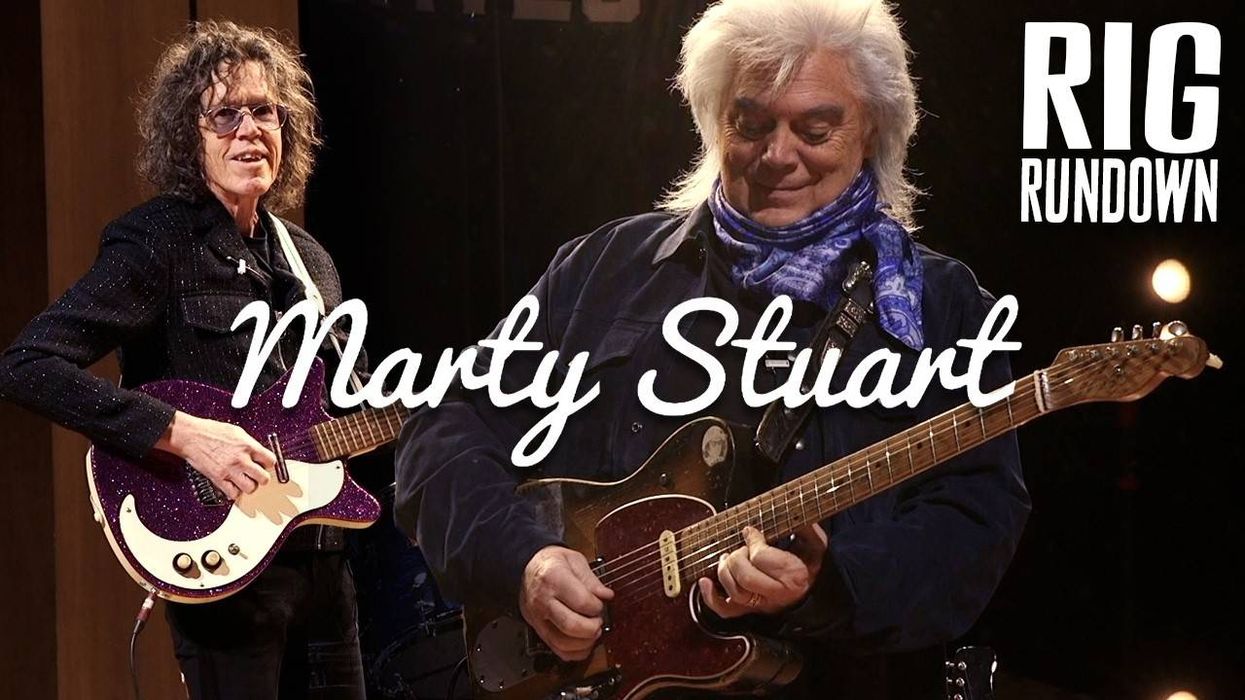
Ah, the glory days of the 7" single: The original 1968 release of “Hey Jude" featured a large Apple Records logo.
By a conservative estimate, I've heard the Beatles' “Hey Jude" 1,000 times.
The first 333 times were in the '70s. My groovy parents and sibs dropped the needle on the delicious vinyl version of the single. While a big green Apple Records logo spun on our “hi-fi," my G.I. Joes attacked each other with Kung Fu moves in a shag-carpet jungle.
The second 333 times were in the '80s. My warbly The Beatles Again cassette sang seductively out of a boom box during tortuously awkward make-out sessions in my teens and early 20s.
The next 333 times occurred when “Hey Jude" droned almost unnoticed from classic rock radio stations and the ceiling-mounted speakers of countless elevators, dentist offices, malls, and shops.
But last night in a London studio, on what may have been my 1,000th listen, I experienced something in this track that made the song brand new to me. I heard Paul McCartney drop the F-bomb mid-song.
Stop reading right now. Pull up a version of the track and fast-forward to 2:45. Right after Paul sings “the minute you let her under your skin" you hear him shout, “oh" followed by “fucking hell" at 2:58. A word of warning: Once you hear this, you can never not hear it—the expletive becomes as pronounced as Ringo's tom fills leading into the bridge.
In his book, Here, There and Everywhere: My Life Recording the Music of the Beatles, Geoff Emerick, who engineered most of The Beatles' later recordings, quoted Lennon's explanation of the curse: “Paul hit a clunker on the piano and said a naughty word."
Emerick notes that Lennon insisted that “naughty word" remain in the final mix, getting a devious thrill out of the idea that Paul's sensitive mega-hit includes profanity hiding in plain sight.
I'm no stranger to recording clunkers. I've played some sessions where my parts contained more clams than a Red Lobster Saturday night special. Bum notes during an electric pass? No big deal. Sometimes you fix them, sometimes they make for an interesting color tone. Clunkers on an acoustic instrument present much richer sonic variation, namely, my shouted curses.
Blame jet lag or general incompetence, but last night my fingers refused to go where they should and I let out a few audible self-condemnations while recording. Keyboardist Andrew Nelson drew the comparison to Sir Paul's secret “Hey Jude" vocal part, and I felt much better about my crap performance.
There are plenty of examples of F-bombing that slipped into the final mix of beloved songs. The Kingsmen's “Louie, Louie" had over-protective parents, nut-ball preachers, and government officials concerned that the mostly indiscernible lyrics were lascivious and would lead children into concupiscent abandon.
The governor of Indiana inadvertently helped promote the band when he banned the song from the state and enlisted the FBI in an effort to shut down The Kingsmen for indecency. Of course kids want forbidden fruit, so sales increased with the witchhunt. Lead singer Jack Ely wasn't profane, he just lacked diction—a fresh set of braces on his teeth did not help his pronunciation. My web research suggests clarity was further compromised by the three-mic recording process that forced Ely to sing/yell over the band into a mic suspended above his head. Ely refrained from obscenity, even after his gigantic blunder of coming in at the wrong spot after the solo.
But “Louie, Louie" does contain profanity, just not in the lyrics. The drummer hits something he shouldn't after the second chorus and offers a loud “ah fuck" at the 0:58 mark. Given the dodgy nature of this performance and a blatant profanity, it's kind of amazing The Kingsmen didn't go for another take. It's equally amazing the FBI and the perhaps moronic state officials of Indiana could not find the obvious obscenity during their hours of combing the lyrics for naughty words.
My all-time favorite F-bombing kicks off the title track on Johnny Winter's Still Alive and Well. The track starts with the band fiddling with their gear, then Johnny drawls, “I'm hungry, let's do this fucker." The engineer says, “hit it" and Randy Jo Hobbs obediently smacks his bass. Johnny retorts, “Don't hit it now—hit it on four." Johnny counts them in and they erupt into an awesome, white-trash Texas boogie.
I realize a column focusing on finding hidden obscenity in songs takes us to a juvenile place, but because the Premier Guitar audience consists primarily of guitarists, going lowbrow seems like a good, calculated risk. What I love about these unexpected expletives is that they give us the fly-on-the-wall perspective of the sessions, whether it's those kids in The Kingsmen jubilantly flogging their way through a future frat-boy anthem, Johnny Winter just wanting to get the session over with so he can get some barbeque, or perfectionist Paul reacting to his clunker.
These angry outbursts give us a little glimpse into the studio and illustrate the frustrating nature of recording. Your fingers don't do what they should or it just takes too long to get it done. This re-listening exercise made me feel a bit like I did when I first really heard these songs—when “Hey Jude" turned from the ambient background noise into this incredibly moving song that would continue to play in my head late at night in my silent room. It's amazing what you hear when you really listen.
John Bohlinger is a Nashville multi-instrumentalist
best know for his work in television, having lead the band for all six
seasons of NBC's hit program Nashville Star, the 2012, 2011, 2010 and 2009 CMT Music Awards, as well as many specials for GAC, PBS, CMT, USA and HDTV.
John's music compositions and playing can be heard in several major label albums, motion pictures, over one hundred television spots and Muzak... (yes, Muzak does play some cool stuff.) Visit him at youtube.com/user/johnbohlinger
















